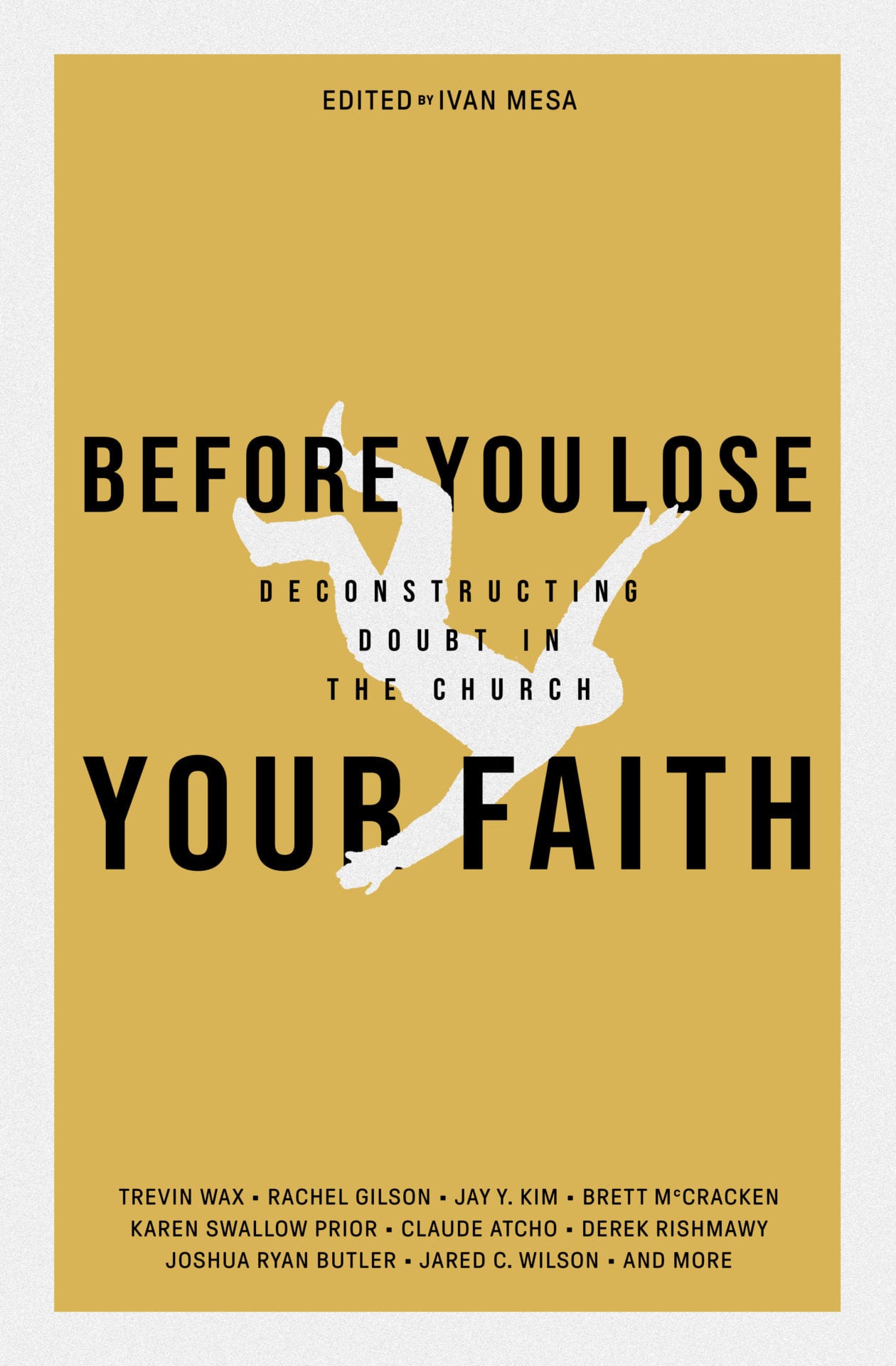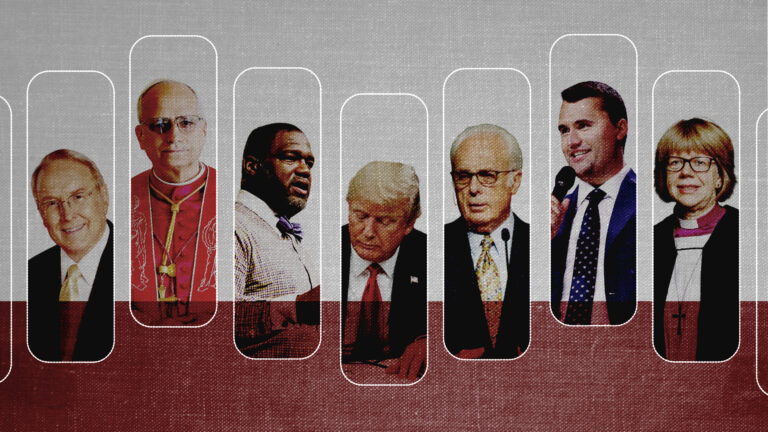The weekly TGCvocations column asks practitioners about their jobs and how they integrate their faith and work. Interviews are condensed.
 Zachary Tarter has been serving as a window cleaner and power washer with Distinctive Window Cleaning since 2009. He is also working to earn a Master of Divinity at Reformed Theological Seminary in Orlando. He lives in North Port, Florida, along with his wife, Emily, and their three children.
Zachary Tarter has been serving as a window cleaner and power washer with Distinctive Window Cleaning since 2009. He is also working to earn a Master of Divinity at Reformed Theological Seminary in Orlando. He lives in North Port, Florida, along with his wife, Emily, and their three children.
How do you describe your work?
The nature of my work stays the same every day; I do both power cleaning and window cleaning of commercial and residential properties. How that plays out each day, though, varies widely. I might begin a day doing a restaurant job, where I am cleaning grease off concrete in the dumpster, and end it by cleaning the windows of a multi-million dollar house on the beach.
As an image-bearer of God, how does your work reflect some aspect of God’s work?
I haven’t always intuitively classified my work as image-bearing, but as I’ve thought about it, I’ve seen that bringing order out of chaos reflects the image of God. When I get to a job, it can be filthy everywhere. By the time I leave it, though, it’s clean. I make clean what is filthy. We see God doing that all over the place in Scripture. In creation, he creates order out of chaos by speaking creation into existence. As sinners, he takes the chaos of our lives and makes order through Christ. At the end of a job, there’s a great deal of satisfaction knowing that God has used the work of my hands to make clean and new what was once dirty.
How does your work give you a unique vantage point into the brokenness of the world?
Sin is everywhere, and I see that most clearly in my work. There are times where I am power cleaning something that simply will not get as clean as I would like it to be. Because some of my jobs require me to clean them before they open for business, I get up at hours when I would never naturally want to get up. More specifically, if a sprinkler has been hitting a window for years, the water hardens and is next to impossible to remove. I’ve been stung by wasps and hornets. But I’ve also seen the brokenness of this world in my own heart. My response to the difficulties of my day often show me that the curse is alive and well in my work and my heart.
Jesus commands us to “love our neighbors as ourselves.” How does your work function as an opportunity to love and serve others?
I have the opportunity every day to care for my customers. In particular, a lot of the details of my job will be seen by no one other than me, so that is something I want to keep in mind. I want to make the job look like the customer would want it to. On another note, with my co-workers and my boss, when we work together on particular jobs and someone has to leave early for a reason, I’m given the chance to love them and their needs more than my own. We don’t want to take away money from each other. We want to make sure each other is getting home at a decent time. When we work jobs together we want to keep the other person in mind.
Free Book by TGC: ‘Before You Lose Your Faith’
 Many young people are walking away from Christianity—for reasons ranging from the church’s stance on sexual morality, to its approach to science and the Bible, to its perceived silence on racial justice.
Many young people are walking away from Christianity—for reasons ranging from the church’s stance on sexual morality, to its approach to science and the Bible, to its perceived silence on racial justice.
TGC’s book Before You Lose Your Faith: Deconstructing Doubt in the Church is an infusion of hope, clarity, and wisdom in an age of mounting cynicism toward Christianity.
For anyone entering college or the workplace and looking for a timely reminder of why Christianity is good news in a skeptical age, make sure to get your FREE ebook Before You Lose Your Faith today!


































